Sparkling Muscat, this seedless grape is reasonably priced with light green skin that does not need to be peeled before consumption (Japanese consumers usually remove the skin due to the concentration of local grapes). Sweet, juicy, full-fleshed flavor. is. , and a distinctive and refreshing scent known as the “Hometown Queen”.
A new level of taste that surprises even grape growers.
Yoshiyuki Okaki is the owner of Okaki Farm located north of Suzuka City, Nagano Prefecture. The farm was established during the Taisho period (1926-1912) and has been cultivating okaki grapes for the past 50 years.
Together with his wife Riko, who is in charge of general administration, and his son, Hiroyuki, who is in charge of brands and sales, Okaki runs his farm to produce high-quality grapes.
In 2005, on the recommendation of the Ministry of Agriculture, Forestry and Fisheries (MAFF), he was one of the first to start the experimental cultivation of Musk Barak, a hybrid of Akitsu-21 and Hakunan.
After Shine Muscat was officially registered the following year, Okaki began growing grapes in earnest. He remembers his first encounter with the new grape well in Muscat.
The first time I heard about glitter garlands was probably around 2003. I first tasted it at the Nagano Fruit Tree Trial before anyone started growing it seriously. When I saw them, I thought they were smaller than the others.

At that time, grapes were in the market. It looked yellowish green and perfectly ripe. I put it in my mouth, wow: I was very impressed by its sweetness and aroma. Lou – it was like no other grape I had tasted at the time!
Shiny muscat is also attractive because of its crunchy and firm texture. She was perfect in every way like no other grape, and I thought at the time that I wanted to grow them myself to bring out the best in them.
The soil and climate of Nagano is beyond sweetness
Nagano prefecture is the main producer of darshan musk in terms of cultivated area and volume. Like Okaki Farm, there are many producers in Suzuka City.
Situated in a fan-shaped valley with well-drained groundwater across the Minami-Shigakogen highlands, Suzuka is particularly suited to viticulture.
Another reason for the suitability of growing grapes in the region is the temperature difference between day and night. Being at such an altitude, nighttime temperatures in Suzuka are much lower than those experienced during the day.
It disrupts respiration and suction and reduces the consumption of sugar stored in grapes. In addition, despite the low temperatures in the city, very little snow accumulates in winter, which makes it possible to grow grapes in greenhouses during the cold months.
Currently, about 70 percent of the 0.65 hectares (1.6 acres) is devoted to greenhouse cultivation, and about 90 percent of the 1.4 hectares (3.5 acres) of open space is devoted to the cultivation of bright geraniums. Harvesting in greenhouses starts around May.
The peak time for outdoor grape harvesting is August to September. With high-tech cold storage facilities, it is possible to ship grapes until mid-January.

They are not only fun in the fall, they are in season. The sparkling muscat has become a popular luxury fruit that can be enjoyed all year round, as part of a traditional Christmas or New Year’s dinner, or as a gift-wrapped gift for those who routinely give back in some way. , bought
The beautiful shape is the result of craftsmanship and instinct over many years.
It is necessary to thin it for the musk to grow and become tasty. For every 100 grapes, about a third is removed to make room for them to grow and to ensure that each cluster has an attractive shape.
This requires growers to assess fruit development before thinning with special shears and accounts for about 40 percent of the grape growing process.
Determining chrome to remove is a skill that only comes with years of experience. The way each fruit grows on the vine is different, so mechanizing this would be very difficult.
At Okaki Farm, the amount of fruit on each vine is pruned by hand to provide maximum nutrients to each bunch of grapes and produce high-quality fruit. Experience and intuition tell workers which category to leave.
While the concept of “the higher the yield, the higher the income” may be true, Okaki Farm’s philosophy is to cultivate and select each grape to continue to produce delicious fruit of unquestionably high quality.

The relentless focus not only on taste, but also on the visual appearance of grapes may reflect a long-held attitude that the Japanese valued beauty and consideration for others.
This spirit and technical know-how will undoubtedly elevate Shine Muscat to the level of “the best grape” and attract more people’s attention in the future.
Adopting low carbon agriculture for tomorrow
As mentioned earlier, the production of high-quality fruits requires the technology and experience of skilled workers. Okaki Farm also enthusiastically introduces new technologies and research and develops environmentally friendly farming methods.
One of these systems more effectively delivers abundant sunlight to the vines, which is an essential part of viticulture. This involves placing a reflective sheet on the ground and reflecting sunlight onto the leaves, stimulating photosynthesis more effectively.
In addition, in case there is not enough light due to the weather, it is supplemented with LED lights, thus ensuring the continuous growth of delicious fruits.
Okaki Farm has gone a step further, switching from heavy fuel oil to renewable solar energy to control the temperature in the greenhouses. By installing a series of solar panels – which not only generate electricity, but also protect the vines from rain – the goals of MAFF’s low-carbon farming recommendations are met.
When the summer sun goes down, it gets very hot under the vines. Using solar panels to shade them is not only good for the health of the grapes, but also better for the workers.
Additionally, being able to use locally generated electricity to charge cars or run greenhouse heat pumps helps us financially and has the benefit of suppressing carbon dioxide emissions.
We have been trying to use renewable energy since 2003. It started as part of a pilot project for the city of Suzuka, but now we realize that in addition to producing high quality grapes, it is very important to pay attention to the environment and ensure longevity. .
The city’s comfort is also trying to produce compost from household waste. Well use it here. I think it’s great that the city can do something like that.
Okaki is not the only one seriously dedicated to producing delicious grapes. He has great difficulty in caring for the environment and trying to change what he can to make a difference in the future.
Muscat’s luster, full of passion, reflects their sense of purpose and willingness to innovate and evolve to deliver great-tasting fruit.

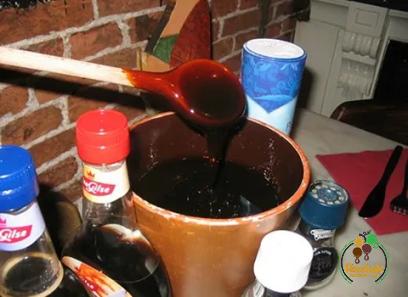
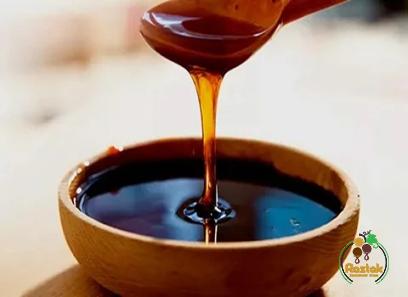
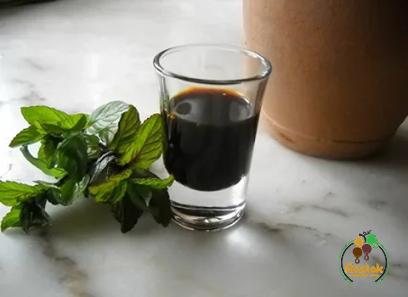
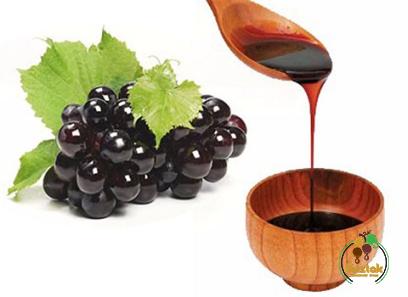

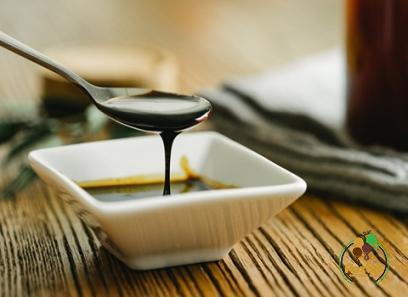
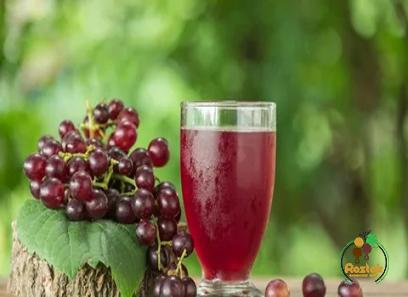
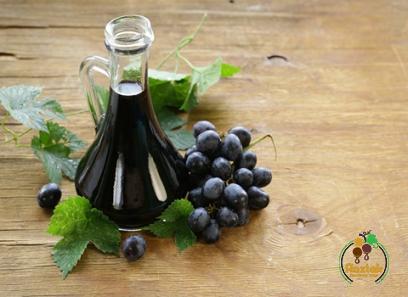
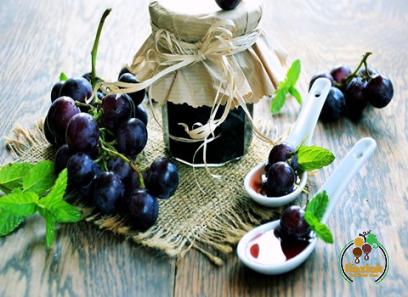
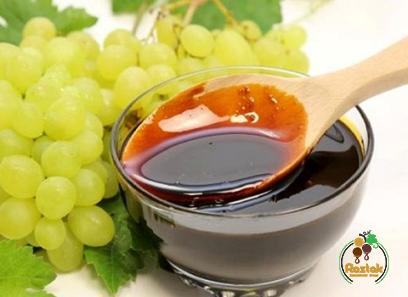
Your comment submitted.